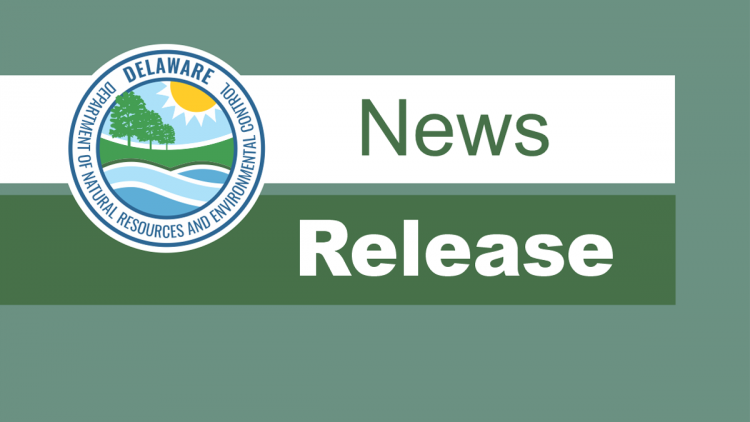DNREC Cautions That Stricken Snow Geese Found Along Sussex Coast May Have Contracted Avian Influenza

Wild Birds Collected in State Sent to Be Tested for Highly Pathogenic H5N1 Avian Influenza
A number of snow geese found sick or dead Dec. 27 in coastal waters of Sussex County have been sent to the University of Delaware Poultry Health System laboratory to determine if they fell victim to the highly pathogenic H5N1 avian influenza (HPAI), the Department of Natural Resources and Environmental Control announced today, in conjunction with the Delaware Department of Agriculture.
Detections of HPAI in the snow geese stricken in Sussex County – including geese found today at Prime Hook Beach – would mark the Delmarva region’s first confirmation of HPAI in wild birds since May 2022, when the H5N1 virus was found through wildlife surveillance in black vultures in Harford County, Md. HPAI is known to be carried widely in North America by wild birds, especially waterfowl, raptors, and vultures.
Waterfowl hunters and anyone coming across a dead or sick wild bird of any kind should take precaution – for more information on proper protocols upon coming in contact with a wild bird that may have contracted HPAI, visit the U.S. Department of Agriculture’s Animal and Plant Health Inspection Services website. DNREC also reminds hunters to be cautious when afield handling their harvests of duck and geese as the waterfowl season continues in Delaware.
Delaware poultry growers are advised to continue following biosecurity protocols for HPAI. Commercial poultry producers should contact the company they grow for if they notice signs of the disease, while backyard flock owners seeing any indication of HPAI in their flock should contact the Delaware Poultry Health Hotline at poultry.health@delaware.gov, or call 302-698-4507 and provide the grower’s contact information, size of flock, location, and concerns.
For more information on avian influenza, visit https://de.gov/poultry.
About DNREC
The Delaware Department of Natural Resources and Environmental Control protects and manages the state’s natural resources, protects public health, provides outdoor recreational opportunities and educates Delawareans about the environment. The DNREC Division of Fish and Wildlife conserves and manages Delaware’s fish and wildlife and their habitats, and provides fishing, hunting, wildlife viewing and boating access on more than 68,000 acres of public land. For more information, visit the website and connect with @DelawareDNREC on Facebook, Instagram, X (formerly known as Twitter) or LinkedIn.
Media Contact: Michael Globetti, michael.globetti@delaware.gov
###
